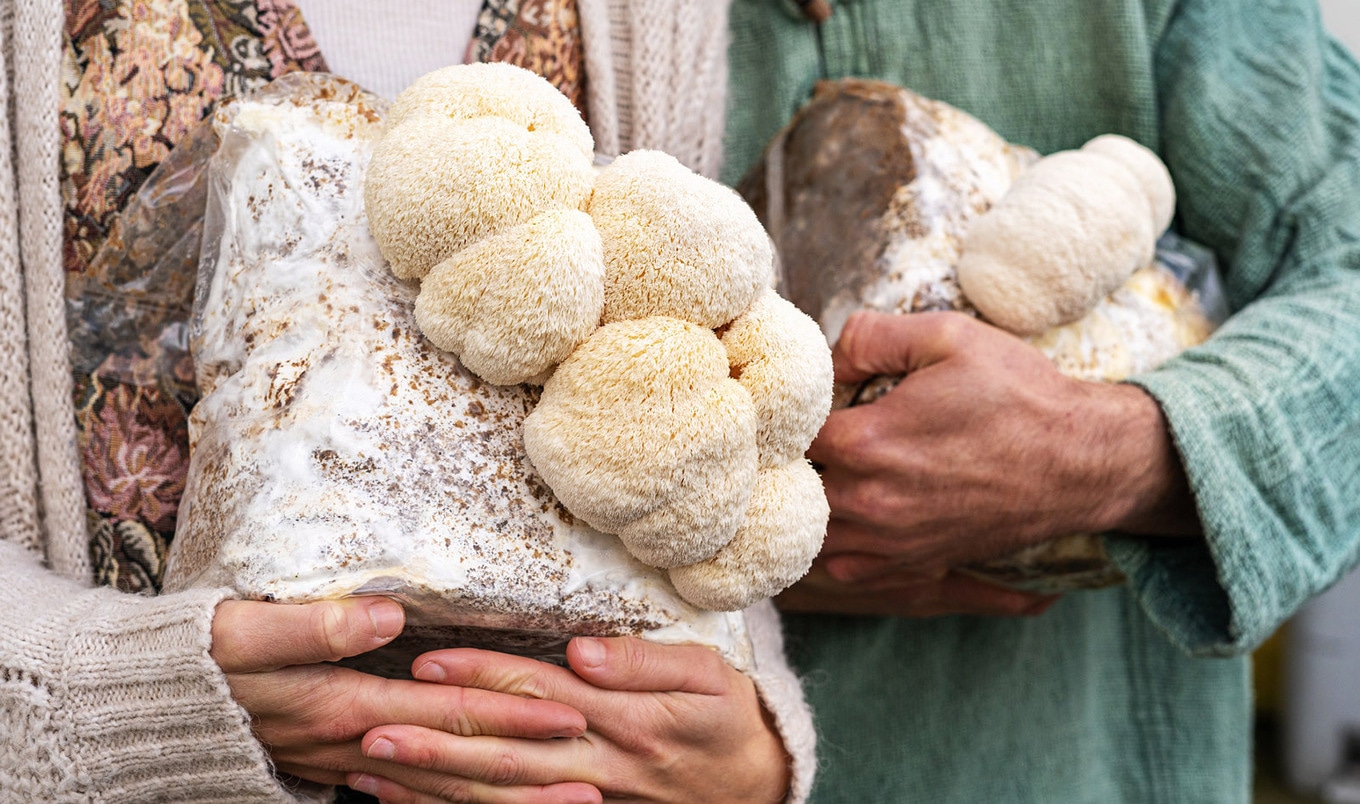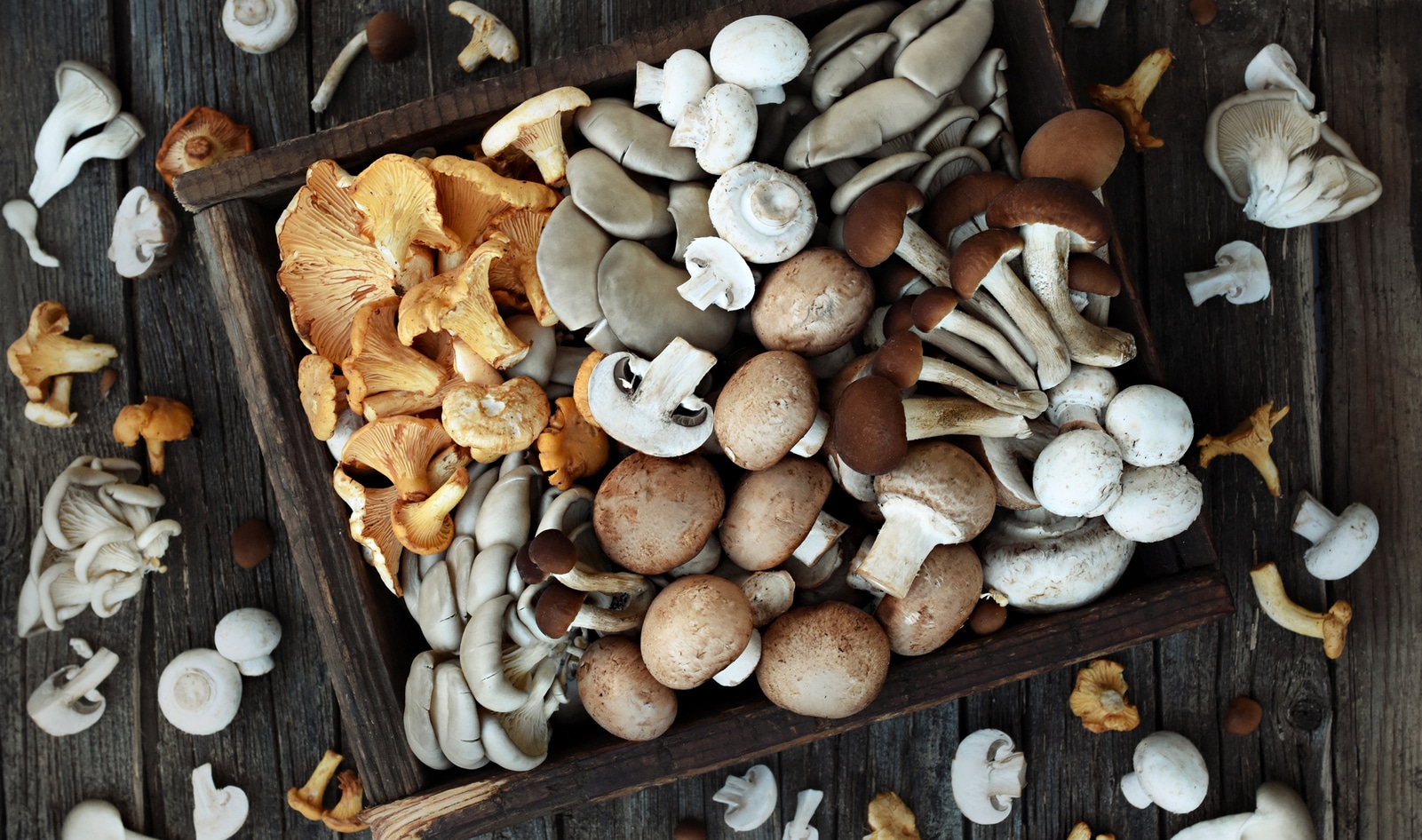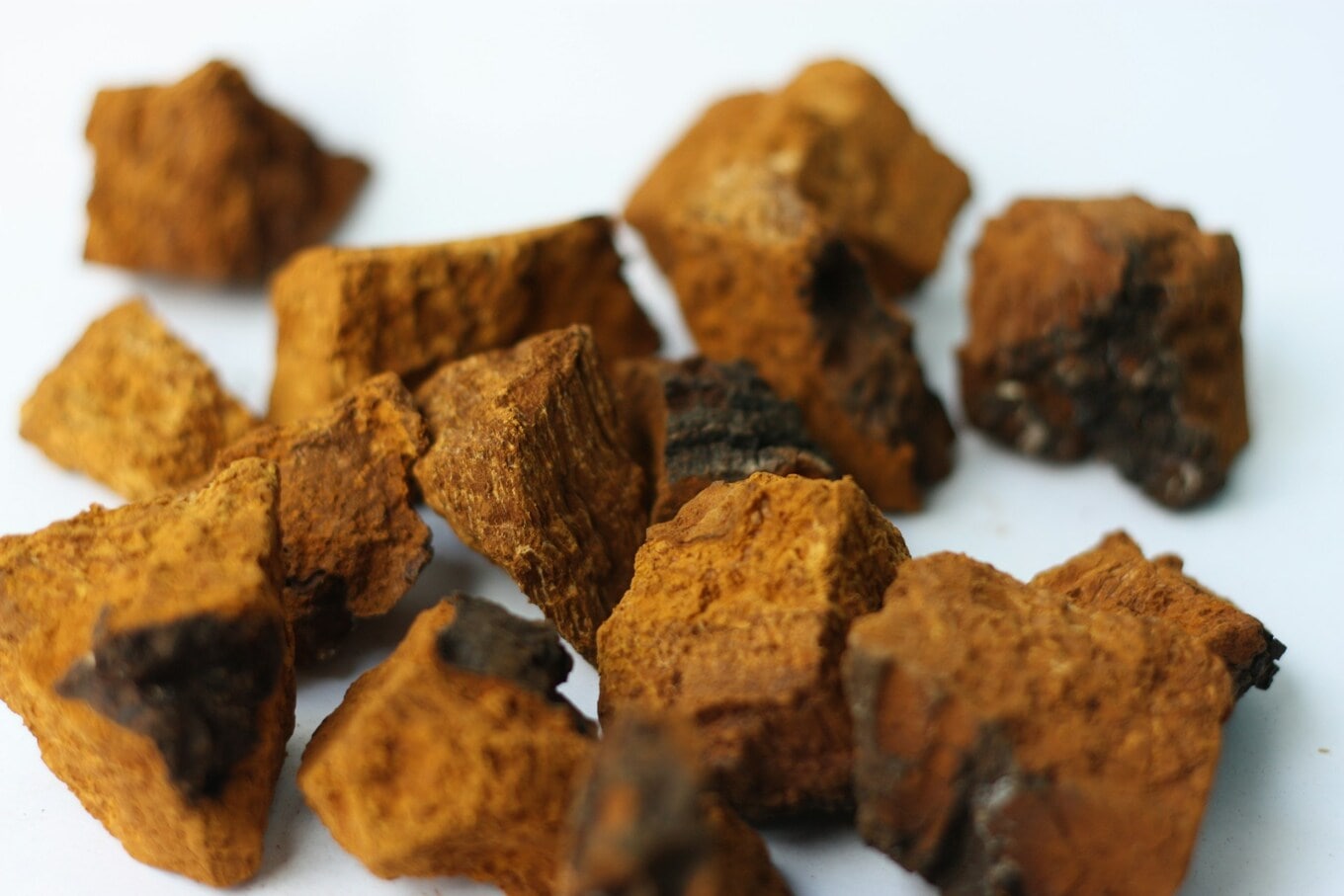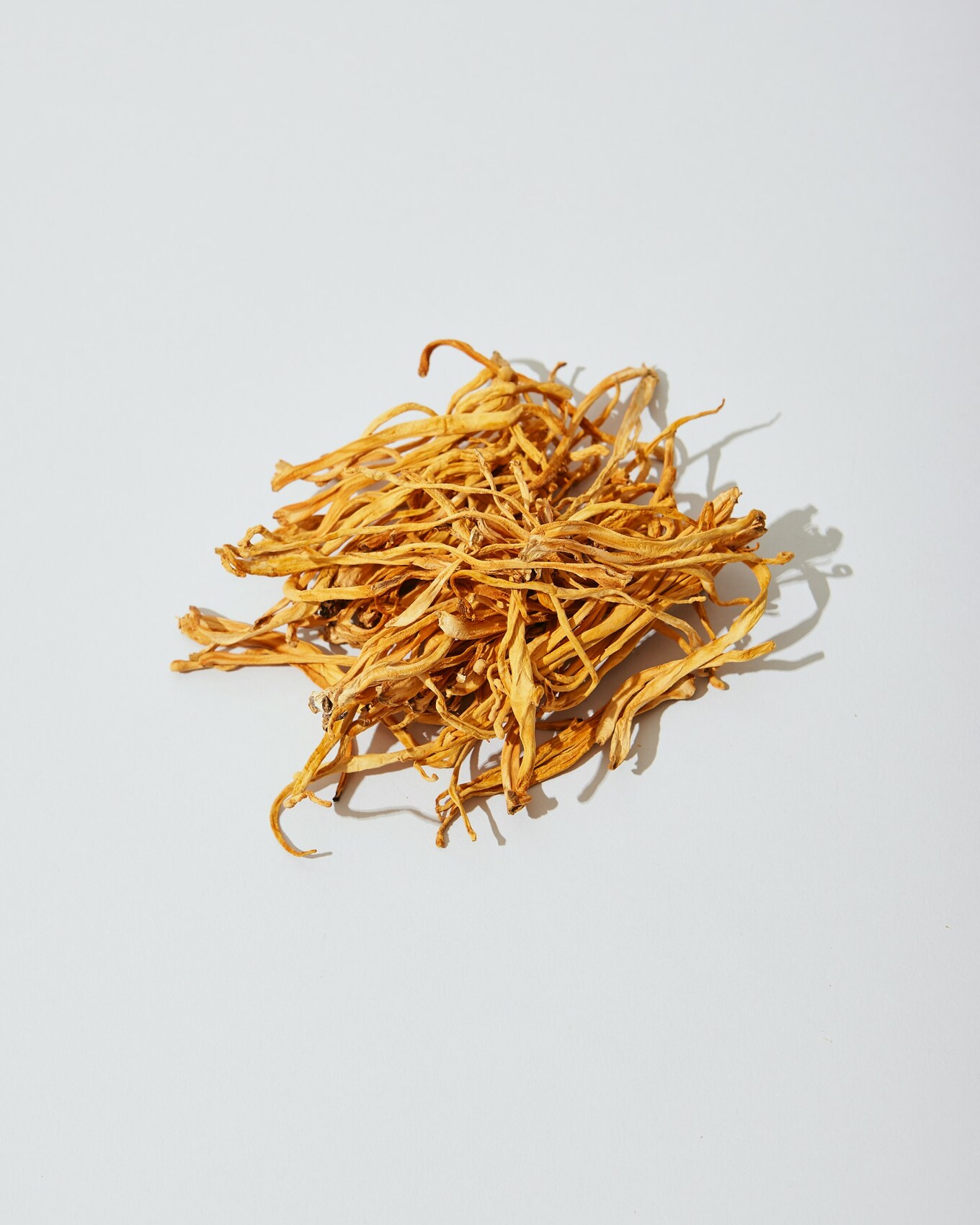Functional mushrooms are no longer just the latest trend in the world of superfoods, they are here to stay. They have made their way into everything from smoothies to coffee, and the market is valued at more than $26 billion.
But what actually are functional mushrooms? What do they do? And what names do you need to look out for? We’ve got you covered.
What is a functional mushroom?
When we talk about functional mushrooms, we’re not just referring to your standard grocery store variety (although they certainly have their place in a healthy diet). Research suggests that varieties like chaga, lion’s mane, reishi, and cordyceps may offer health benefits beyond basic nutrition. For example, they may help you to relax, enhance memory, or even help you focus.
 Adobe Stock
Adobe Stock
Functional mushrooms have been used for centuries in Chinese and Japanese medicine, but in recent years, they have started to become more popular in the West. Many natural- and health-food stores carry functional mushroom products in their supplement and protein powder aisle—where you’ll likely find them in powdered form or in tea.
It’s important to note that research into functional mushrooms is still ongoing, so if you want to add them to your diet, it may be best to consult with your healthcare provider first, especially if you have any existing health conditions.
4 functional mushrooms to add to your daily routine
Reach for these functional ‘shrooms to help aid focus, relaxation, memory, and more.
1 Chaga
Chaga is heralded as a powerful antioxidant that may fight against bacteria, viruses, and inflammatory disease. Some limited research indicates that chaga acts as an immune system regulator, so it not only stimulates an immune response against pathogens but it may also combat an overactive immune response—which is the cause of many autoimmune and inflammatory diseases. Some studies also suggest that chaga may prevent and slow cancer growth, lower blood sugar levels, and lower cholesterol. While promising, further research is still needed in all of these areas.
Chaga powder, used to make chaga tea, is an easy way to incorporate this functional mushroom into your diet. However, it’s important to consult with your healthcare provider first, as chaga may also interact with some common medications. Additionally, it contains a protein that may prevent blood from clotting.
Try it in: tea powder
2 Cordyceps
Need an energy boost? You may want to forgo your usual espresso for some cordyceps-spiked coffee, as some research suggests this fungi could naturally increase energy levels. Plus, they have also been linked to increased athletic and sexual performance. So, if you are feeling a bit sluggish before heading out for your morning bike ride, sprinkling some cordyceps powder in your water bottle may help you crush that workout!
Some research has also linked cordyceps with inhibiting cancer growth, and it could help treat diabetes and some heart conditions, too. But again, research is still limited and ongoing.
Try it in: supplements
3 Reishi
If your goal is to live to 100, you might want to consider adding some reishi to your diet. This species of mushroom is associated with increasing longevity due to its immune-boosting and anti-cancer properties. In fact, the Chinese name translates to “mushroom of immortality.”
Reishi may also help to tackle fatigue and even help you sleep better by lowering cortisol levels, but more research is needed. After a long, stressful day at work, reach for a mug of warm reishi cacao, and allow yourself to drift off into a blissful snooze.
Try it in: vegan cacao mix
 Kier in Sight Archives/Unsplash
Kier in Sight Archives/Unsplash
4 Lion’s mane
For those of us who need a little help with memory, lion’s mane might help. Studies have suggested that this mushroom may help to improve cognitive ability, protect against dementia, and relieve mild symptoms of depression and anxiety. It could also help to boost the immune system, reduce the risk of heart disease, help manage diabetes symptoms, and even fight cancer.
While lion’s mane appears to be safe, it’s important to note that the side effects have not been studied on humans.
Try it in: supplements
For more on mushrooms, read:
JUMP TO ... Latest News | Recipes | Guides | Health | Subscribe
Here at VegNews, we live and breathe the plant-based lifestyle, and only recommend products we feel make our lives amazing. Occasionally, articles may include shopping links where we might earn a small commission, but in no way does this effect the editorial integrity of VegNews.











